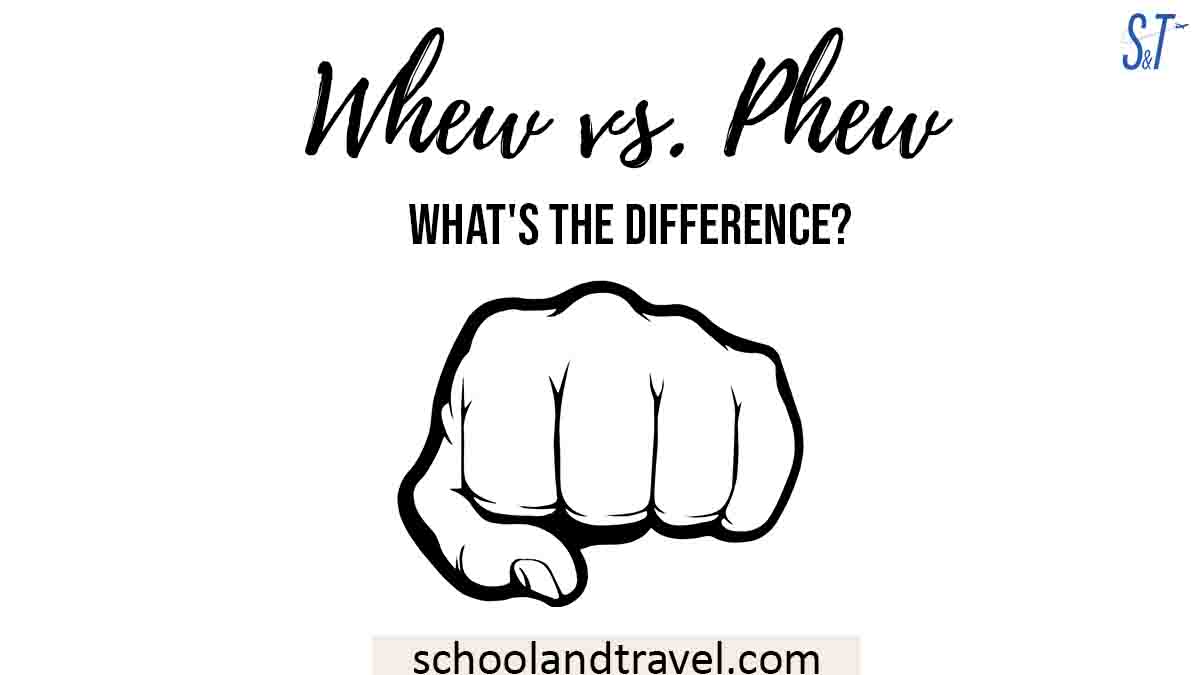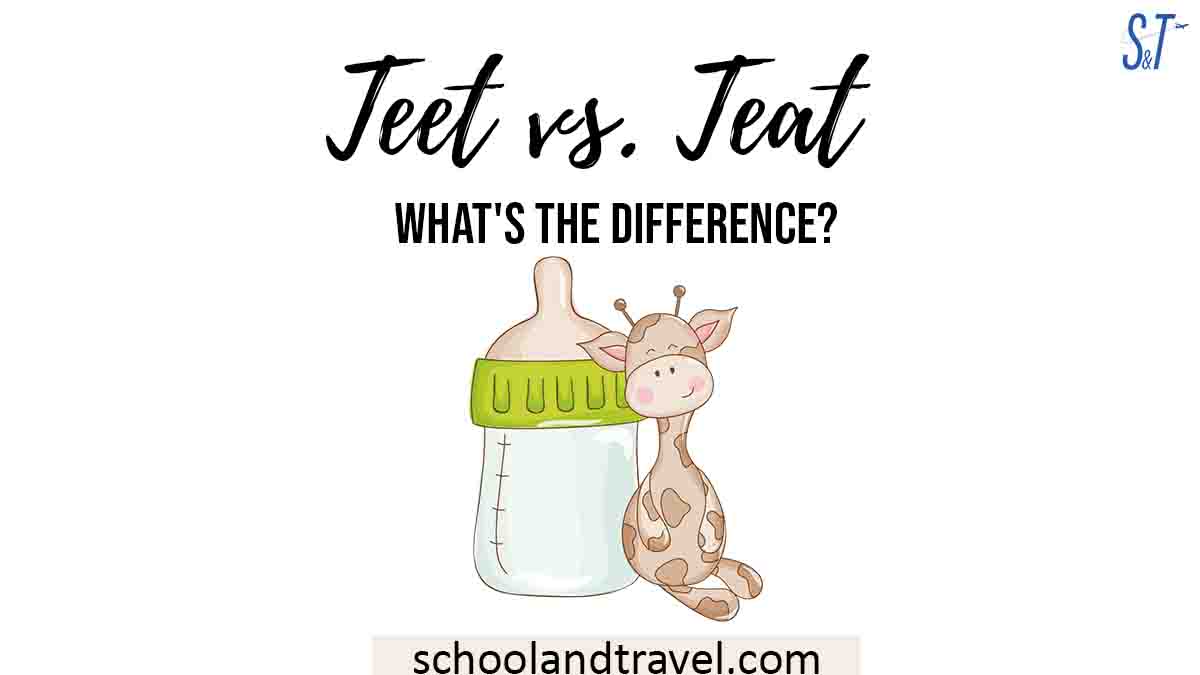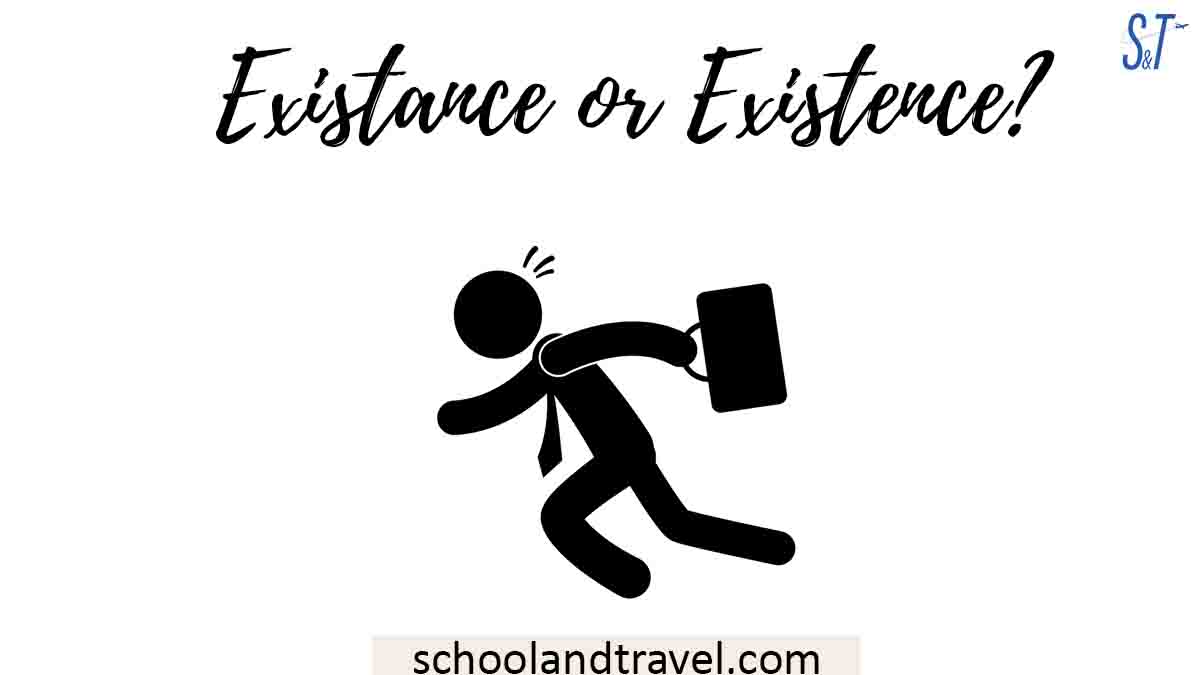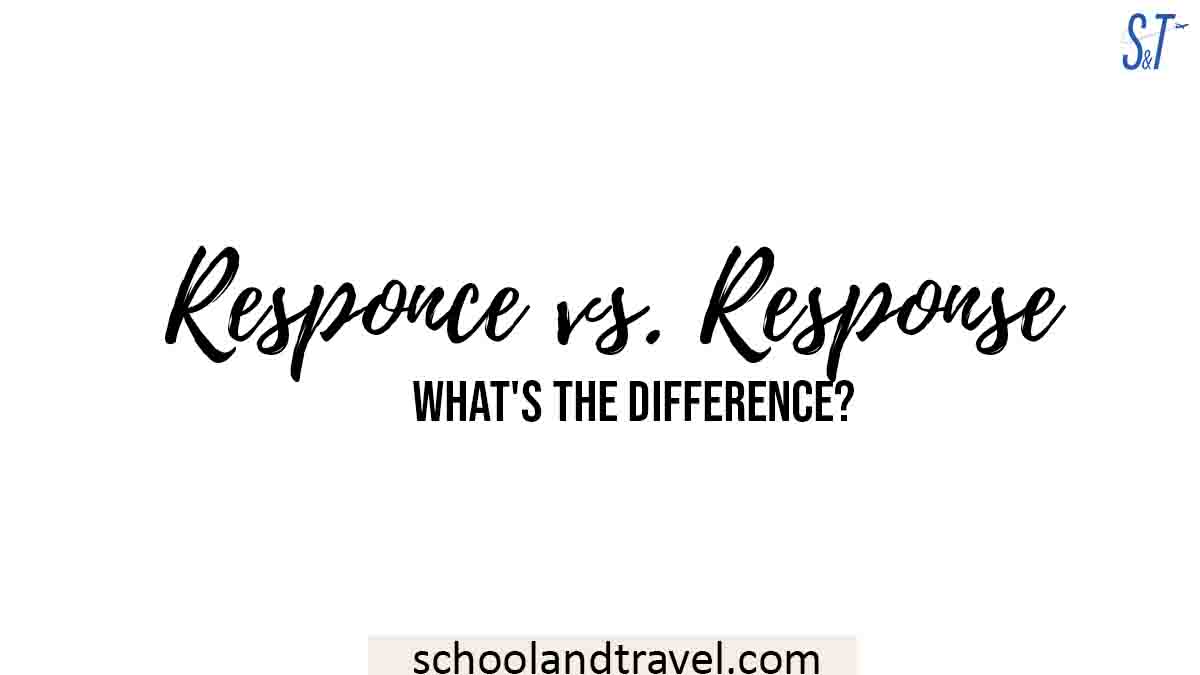Whew, and Phew are often used as synonyms for each other. Both have almost the exact spelling and pronunciation; the only difference is the presence of “P” and “W” at their beginnings, respectively.
Phew is a synonym of Whew, and vice versa. This article will explain these words and help you understand them and the difference between them.
Whew vs. Phew
Meaning of Whew:
The phenological transcription for Phew is /fyo͞o/.
As a verb, whew as used in the Uk, means a whistling sound with a shrill pipe. It has the third-person singular simple present as “whews” while having the simple past and past participle as “whewed.”
However, as an exclamation, it expresses a sign of discomfort or dismay.
Examples:
- Whew! I almost fell into the ditch.
- Whew! I think I will call my mum before the end of the show.
Read this: Teet vs. Teat – What’s the difference?
Whew vs. Phew
Meaning of Phew:
The phenological transcription for Phew is /fyo͞o/.
Phew is used to showing relief or surprise from an event or occurrence. It has the third-person singular simple present as “phews” while having the simple past and past participle as “phewed.”
Examples:
- It is going to cause a phew, if I talk to the principal.
- Phew! The game is driving me crazy.
FAQs on Whew vs. Phew
Yes, “whew” and “phew” are typically pronounced the same way: /fjuː/. They’re used to express relief, surprise, or disbelief.
Not really. Both expressions convey a sense of relief, exhaustion, surprise, or even disbelief. The context in which they’re used can provide specific nuances to their meaning.
It varies by region and personal preference. Both are recognized and understood in English, but “phew” might be slightly more common in general use.
Yes, they can be used interchangeably without altering the meaning of the expression. However, as always, it’s good to be consistent within a single piece of writing or conversation.
Conclusion:
Phew and Whew are similar in spelling and pronunciation. However, these two words indicate inner tension, dismay, or astonishment.
Awesome one; I hope this article answers your question.






